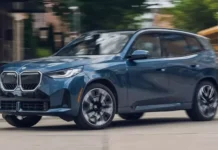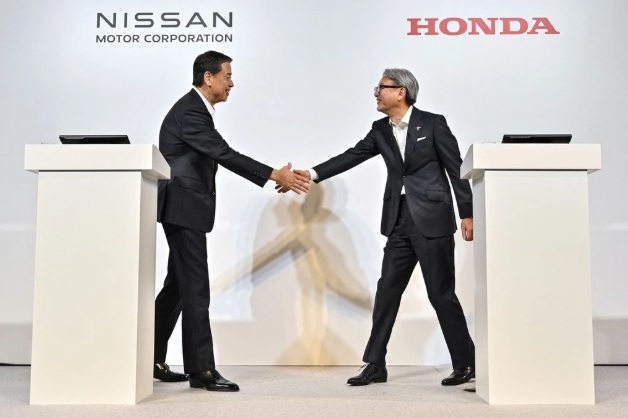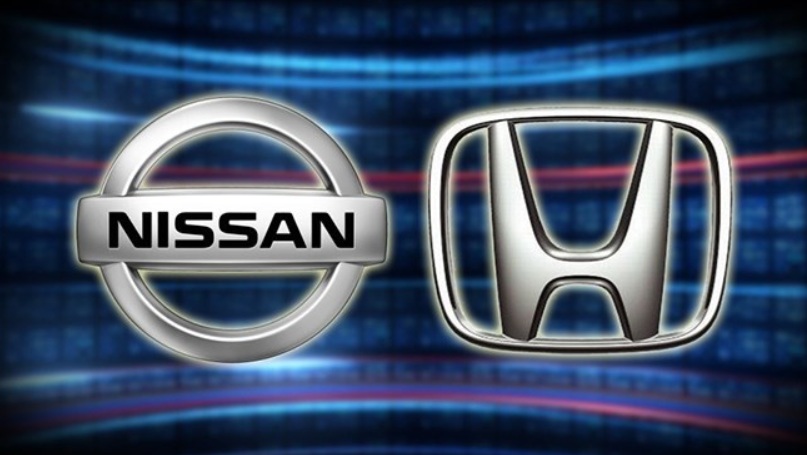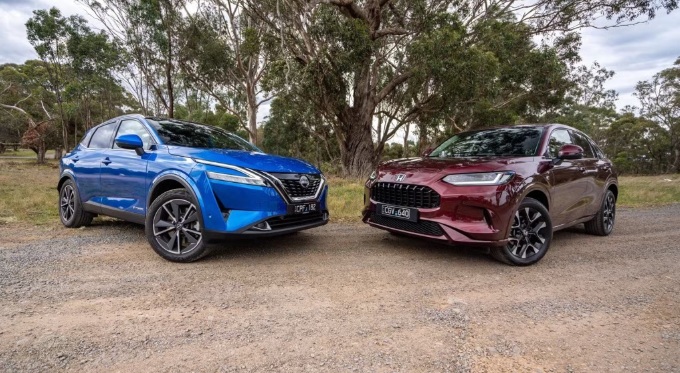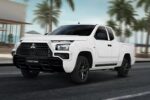After halting all past merger plans, Nissan and Honda are exploring a more flexible collaboration model.
Nissan’s new CEO, Ivan Espinosa, stated that the two companies are not pursuing an alliance or equity agreement but are instead seeking joint projects that offer practical benefits without ownership constraints.
According to Espinosa, both companies are considering collaboration in the U.S. market, ranging from shared powertrain systems to co-developing specific product lines. He described the collaboration between Nissan and Honda as “positive and constructive,” noting that senior management teams are meeting regularly to discuss cooperation details.
Espinosa reiterated that Nissan is not considering a merger or capital alliance with Honda. Instead, the focus is on a “flexible and pragmatic” partnership structure, free from long-term commitments.
U.S. Market Pressures Drive Collaboration
One key factor driving the dialogue between Nissan and Honda is the increasingly challenging U.S. market. Following tariff adjustments by Washington, import taxes on Japanese vehicles have been reduced to 15% since September, but this remains significantly higher than the pre-trade war rate of 2.5%.
Nissan estimates a financial impact of up to 275 billion yen this fiscal year due to the new tariffs, while Honda anticipates an even larger effect, at approximately 385 billion yen. Sharing development costs and leveraging joint manufacturing or supply chain resources in the U.S. is seen as a practical step to alleviate financial pressure for both companies.
Additionally, the U.S. electric vehicle market is growing slower than expected, while Chinese automakers like BYD are expanding their market share globally. Collaboration in areas such as software, electrification, and vehicle platforms could help Nissan and Honda maintain competitiveness during this volatile period.
Potential for Deeper, Non-Binding Collaboration
Both Nissan and Honda have robust manufacturing ecosystems and supply chains in the U.S., making collaboration more feasible. In August 2024, the two companies signed an agreement on vehicle intelligence and electrification, and the current discussions are seen as a natural extension of this partnership.
While Espinosa did not comment on the possibility of Nissan using Honda’s North American plants, this remains a viable option if mutual benefits are identified.
Nissan Amidst Major Restructuring
Alongside these collaboration efforts, Nissan is implementing its large-scale restructuring plan, “Re:Nissan,” which includes cutting 20,000 jobs and reducing its global manufacturing footprint from 17 to 10 plants by 2028. This comes as the company reported a loss of 221.9 billion yen earlier this year.
Espinosa emphasized that the automotive industry is evolving at an unprecedented pace, and Nissan must adapt proactively. “Nissan is open to any form of collaboration that delivers value to Nissan and its stakeholders,” he stated.
TH (Tuoitrethudo)
























